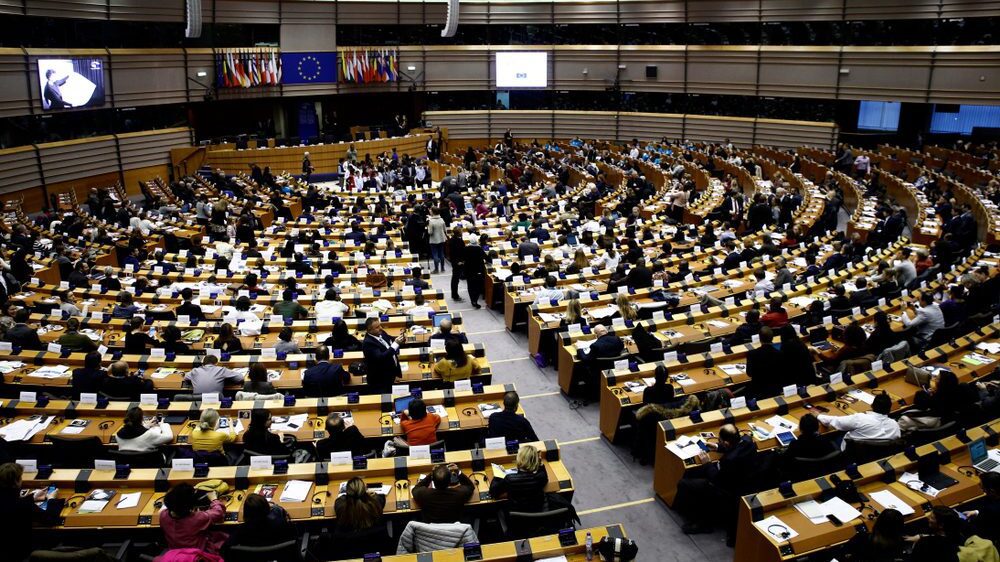
An international tax on the ultra-rich should be established, enabling world leaders to pursue “social” and “ecological” transitions, more than 130 MEPs have argued. These, joined by a dozen economists and 20 millionaires, claim such a levy could replicate the European Union’s global minimum 15% tax on big business, which is set to come into force later this year.
Launching the campaign, French MEP Aurore Lalucq and economist Gabriel Zucman wrote in Le Monde (translated to English):
Our proposal is simple: introduce a progressive tax on the wealth of the ultra-rich on an international scale in order to reduce inequalities, while participating in the financing of the investments necessary for the ecological and social transition.
The authors propose a taxation of “1.5% from a heritage of 50 million euros,” though accept that “it will be up to us to collectively and democratically decide on the fair and adequate level of this tax.” Signatories of the campaign say it is wrong that the ultra-rich are not taxed above current levels, taking particular aim at SpaceX and Tesla CEO—also the owner of Twitter—Elon Musk, who “did not pay a penny in federal taxes” in 2018, when he was the second richest man in the world. (In 2021, the businessman revealed he paid over $11 billion in taxes.) Taking more from such figures, the politicians add, could help the West transition to carbon neutrality.
Those behind the calls for a new international tax do not appear fazed by the potential route to its establishment. Aurore Lalucq, another French MEP, commented online: “Impossible? We were also told about the taxation of multinationals! But we did!”
Nous sommes plus de 120 députés européens, des économistes fiscalistes, des millionnaires, des ong… et nous demandons une taxation juste des ultra-riches.
— Aurore Lalucq (@AuroreLalucq) March 14, 2023
Impossible? On nous l’avait dit aussi pour la taxation des multinationales! Mais nous l’avons fait! https://t.co/LGEOaJyCrv
The authors of the Le Monde article added: “What we have succeeded in achieving for the multinationals, we must now do for the very wealthy.”
AFP has noted that most of those who have signed the campaign are from “Green or left-wing parties.”
The demand came on the same day the European Parliament voted in favour of mandating the renovation of old buildings to save energy.
Pieter Cleppe, a Brussels-based Policy Analyst whose website described the measure as “costly,” will be in the Belgian capital on March 22nd to participate in a panel discussion, “Europe: A Path Forward?”, sponsored by The European Conservative (registration is available here). Businesses based in the EU were also recently told they could receive as much Brussels funding as from an American green energy subsidy pack, in a bid to keep them on the Continent. This will see the bloc work to match the $369 billion green subsidies programme, the U.S. Inflation Reduction Act.
